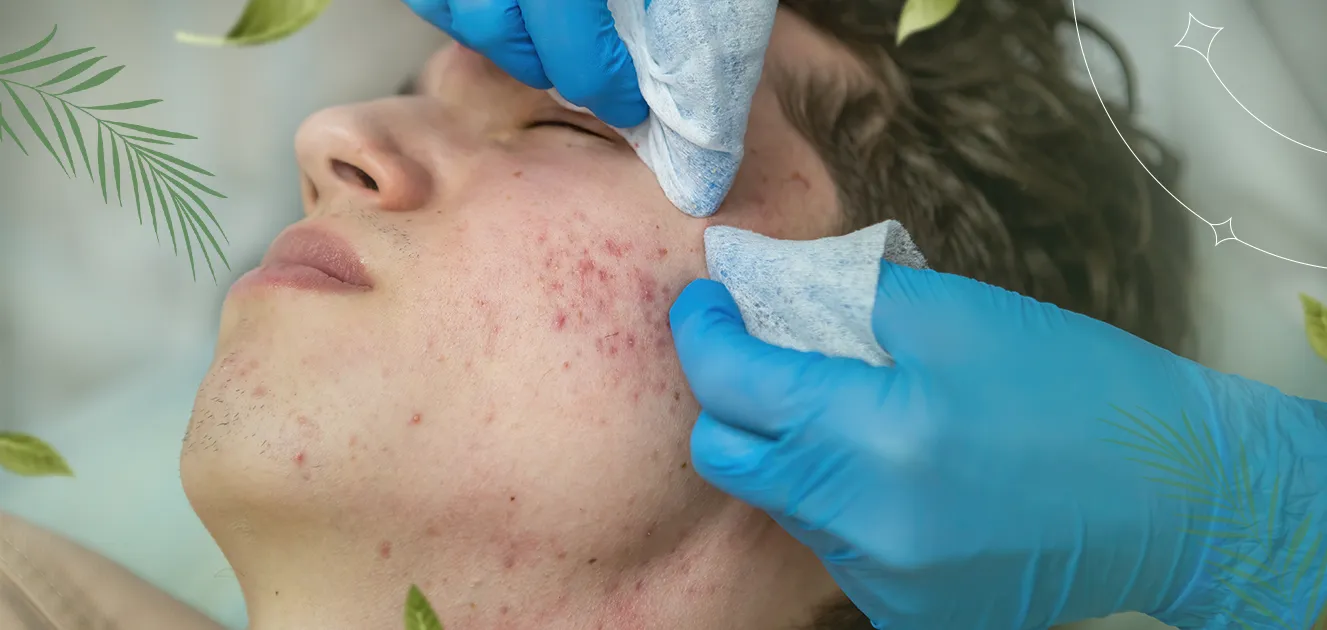If you are wondering what is acne, you are not alone. An estimated 8 out of every 10 teens and many adults experience breakouts. Although acne is considered a normal part of puberty, it can be very embarrassing and difficult to deal with. If you are suffering from acne, you should know what causes it and how to treat it. This article will provide you with helpful tips for treating acne.
Types of Acne:
There are a few different types of acne. Those with a mild form of the disease don’t usually leave any scars, while more severe types can have cysts or abscesses which can cause permanent damage to your skin. However, if you have more severe acne, you can consider seeking a dermatologist’s care. A doctor can prescribe stronger topical medications or prescribe oral antibiotics to reduce the inflammation and scarring caused by acne.
- Acne is a very common skin problem that affects both men and women, and the type of acne you have will determine what treatment you need.
- There are many types of acne, but most people develop blackheads, which look black. Blackheads are not made of dirt, but instead are the result of oxidation of sebum.
- Other types of pimples include papules and pustules. Pustules are small, pink bumps that often have a red bottom.
- Nodules and cysts are hard, red lumps beneath the skin’s surface that tend to leave scars.
The most common type of acne is pimples and inflammatory papules. Blackheads are small, pus-filled sacs that usually have a yellowish or white center. Pustules are often painful, and some people may even attempt to pop them. This may only make the problem worse. If you have an active pimple or pustule, see a dermatologist immediately. A combination of oral and topical medicines is recommended for the best results.
Medical Treatment for Acne Skin:
Some acne treatments are available over-the-counter. Some of the more popular ones are formulated for specific conditions. There are several creams, gels, and other products that contain benzoyl peroxide. Some of the best acne treatments for men include a diet rich in fish and whey protein. Other acne remedies are topical retinoids and salicylic acid. It is always better to seek advice from a dermatologist before choosing the right treatment for you.
1. Benzoyl Peroxide:
There are many different types of acne treatments available. The first, which is the most common, is benzoyl peroxide. This is a prescription medicine that is often used to treat severe cases of acne. It is very effective at reducing the size of acne lesions and can last for months. Usually, a dermatologist is recommended for moderate to severe cases of acne. But, if you’re not sure which treatment is best for your specific condition, consult your pharmacist.
2. Medicines for Acne Skin:
There are various types of treatment for acne skin. Some of these medicines can be applied directly to the skin, while others must be taken as pills. Some of these medicines must be prescribed by a doctor, and some are even accompanied by a course of oral antibiotics. Some of these medicines are very effective at treating acne, but some can have side effects. You can try a combination of two or more medications or an all-natural product, or you can try using the creams and lotions listed above.
3. Retinoid Medicine:
Another option is oral retinoid medicine, such as isotretinoin. This medicine helps the skin shed oil, which contributes to acne. But, it can also cause birth defects, ulcerative colitis, and depression. You may need to use an alternative contraceptive method during treatment. For women, hormonal therapy is a great choice for managing their acne. A course of hormone therapy may help you avoid the risk of recurrence.
4. Azelaic Acid:
Azelaic acid is an effective topical treatment for acne. It removes dead skin and kills bacteria. It is available as a gel or cream and is applied twice daily. It doesn’t make the skin sensitive to sunlight. So, you don’t need to wear sun protection if you are using azelaic acid cream or gel. It should be used for up to a month to achieve results. If your acne is severe, your dermatologist will prescribe an antibiotic. Most doctors will use tetracyclines and erythromycin to fight bacteria.
5. Chemical Peel:
Another form of treatment is a chemical peel. This method involves applying a chemical solution repeatedly to the skin to get rid of acne. It can be very effective for mild to moderate cases of acne, but it is not long-lasting. Most patients need to repeat the treatment to see visible results. Some treatments can be very abrasive, so be careful when using these products. Nonetheless, they can reduce the severity of acne.
6. Antibiotic Cream:
If you have severe acne, your doctor might recommend an antibiotic cream to treat it. An antibiotic cream can decrease inflammation and reduce the size of the affected area. A retinoid cream can remove black and whiteheads, but it can cause skin irritation. A dermatologist can recommend the best treatment for your specific type of acne skin. If you have severe acne, your dermatologist may recommend laser therapy or light therapy. These treatments can be very effective for clearing acne and may be used in conjunction with other treatments.
Tips for Acne Skin Treatments:
The first step in getting rid of acne is to identify the cause of your problem. The most common underlying cause is an infection in the skin. Regardless of its cause, acne skin can be difficult to clear. If you have this condition, your primary health care provider can help you treat your acne with medications or skin-care products that target the source of the infection. To get rid of acne, read on to learn more about some of the most common treatments.
1. Wash Face with the Best Cleanser:
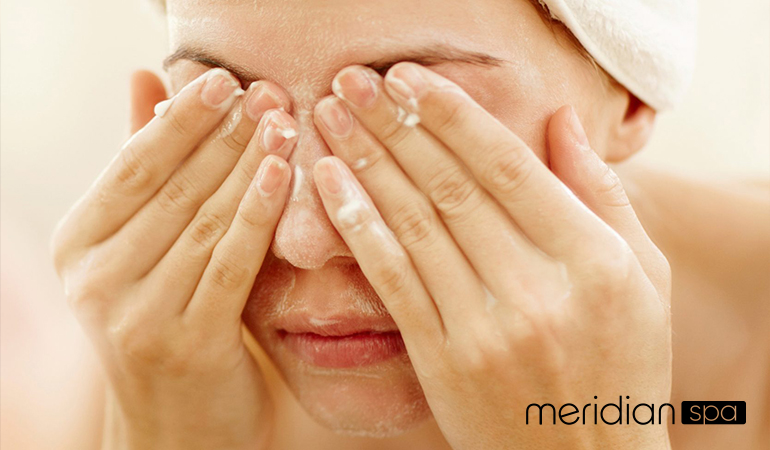
Wash your face only two to three times daily. Using soap on your skin more often will only cause more harm than good. When washing your face, use a gentle facial cleanser or choose the best facial treatment instead of a harsh soap. This will ensure that your acne-prone skin is not overly irritated. If you have sensitive skin, choose a mild cleanser, as this won’t aggravate your condition. You should also use a moisturizer made for oily, dry, or combination skin.
2. Avoid Picking, Popping, or Squeezing:
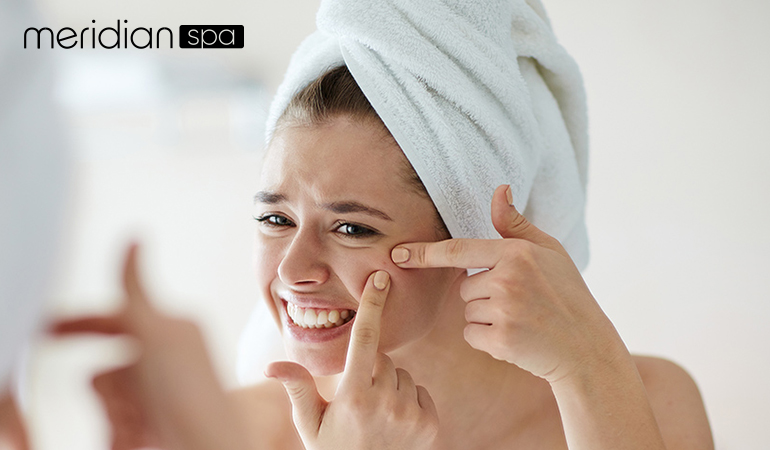
If you want to treat your acne skin, you should avoid picking, popping, or squeezing the affected areas. Although acne scars technically qualify as minor wounds, they don’t heal on their own. The best way to treat it is to increase the blood flow to the area. This will allow healing cells to reach the site of the wound. As inflammation occurs, chemical substances called histamines and nitric oxide are released. These chemicals stimulate the production of melanin, which is responsible for the color of your skin.
3. Consult With a Dermatologist:
The acne treatment depends on the severity of the outbreak. If you don’t know what the cause of your acne is, it’s best to consult with a dermatologist at Meridian Spa. Your acne may be caused by the use of certain medications. If you don’t get a diagnosis, you should consult with your health care provider. If the problem persists, you should consult a doctor. The symptoms could be the result of medication.
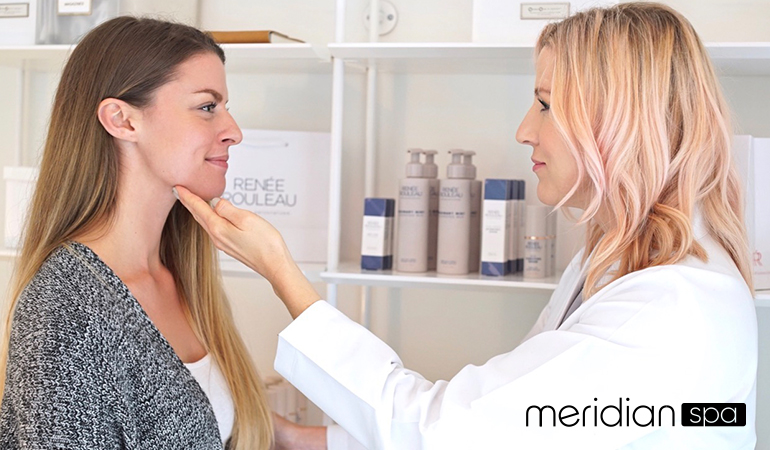
Aside from medications, you may also want to consult with a dermatologist for an accurate diagnosis. Some symptoms of acne are similar to those of other skin diseases and it is important to seek a professional’s advice at Meridian Spa to make sure you’re not suffering from a serious skin problem. If you’re suffering from acne, a dermatologist can help you with the right treatment. If the condition isn’t severe, you can still consult a skin specialist to get a consultation.
4. Avoid Using Astringents and Toners:
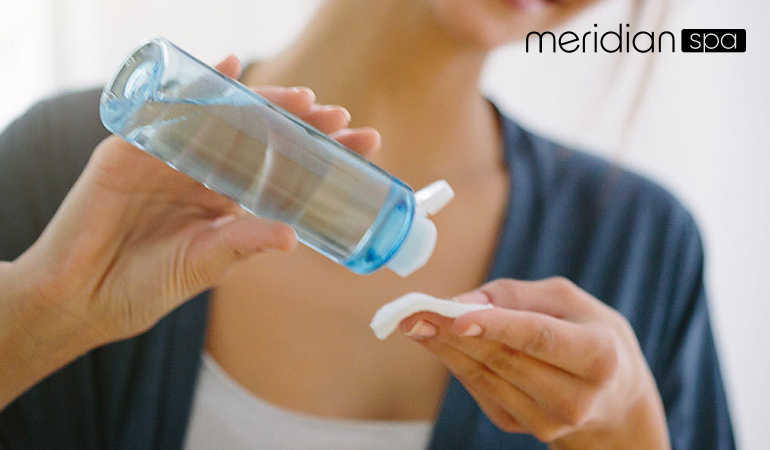
If you have an oily skin type, you should avoid popping or squeezing your acne. You should also avoid using astringents and toners. They can cause your acne to worsen. Choosing a non-comedogenic cosmetic can help you prevent your acne from coming back. Astringents and toners are great for treating acne, but they can strip your skin of moisture. When you have an oily complexion, make sure to use a cleansing gel or pad to help break up the excess sebum.
5. Eat a Balanced Diet:
Aside from proper cleaning, you should also pay attention to your diet and avoid over-washing your face. Don’t forget to drink lots of water and to eat a balanced diet. This will not only help your acne but will also reduce the risk of scarring. Those with oily skin should avoid over-processed foods. For those with oily skin, you can eat fish every day. It contains omega-3 fatty acids and helps your body fight off bacteria.
While chocolate and greasy foods do not cause acne, a diet rich in refined sugars and dairy products may cause acne. In general, there is no need for testing to determine the cause of your acne. Some doctors recommend bacterial cultures if your acne is associated with a specific food or has pus. If you don’t like the smell of these products, you can try a few other home remedies. Most of them contain salicylic acid or benzoyl peroxide.
6. Keep Skin Clean and Dry:
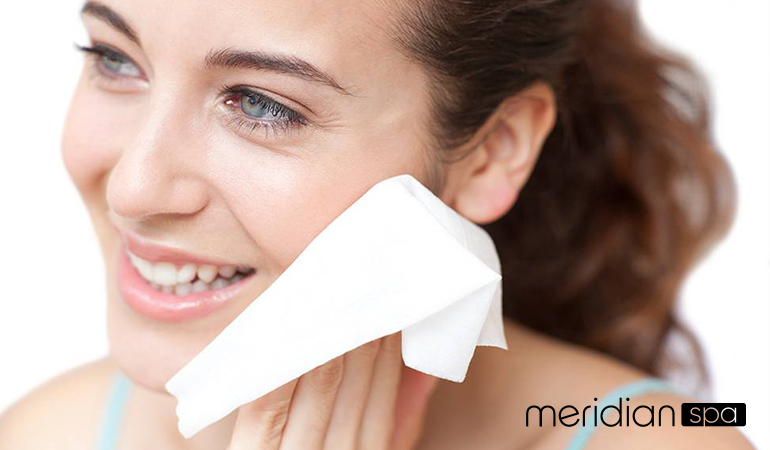
The simplest method in treating acne is to keep the skin clean and dry. Bacteria, sebum, and dirt can accumulate on objects in the environment and cause acne breakouts. To avoid this, you should clean your pillowcases and sheets regularly. You should also disinfect your cell phone and keep them away from your face. In severe cases, you can choose antibiotics that contain strong antibiotics, but these treatments may have side effects that you can’t tolerate.
7. Keep Environment Clean:
To reduce the chances of developing acne, you should keep your environment clean. The clothes and pillowcases you wear are full of dirt, bacteria, and oil that can cause acne breakouts. In addition to changing your sheets regularly, wash all the objects that come in contact with your face regularly. And, if you have sensitive skin, eat more fish to prevent the development of bacteria. This can also help you avoid certain types of foods that cause acne.
8. Inflammation:
Inflammation is the primary cause of acne. It is caused by excess oil, bacteria, and dead skin cells. The inflammation results in red bumps, called papules. The skin’s surface becomes red and irritated. Those who have a history of acne may want to seek medical help sooner than others. Choosing the right medicine can help you control acne, whether it is hormonal, or emotional.
Besides acne treatments, you should also consider taking care of your skin. Avoid heavy sweating, use harsh cleaning products, and apply hair care products. To prevent acne from scarring, use only mild soap on your face. The use of topical retinoids like benzoyl peroxide can also help. You can talk to your doctor and discuss the options available to you. When you have acne, it is important to consult your healthcare provider.
Sum Up:
The type of treatment for acne varies with the severity of your condition. If you have mild acne, you may not need to seek medical attention. For severe acne, your treatment should be long-term and be a permanent solution. If you want to prevent scarring, your acne should be treated as soon as possible. The best way to treat acne is to stay as clean as possible. By washing your face regularly, you can prevent it from getting worse.
